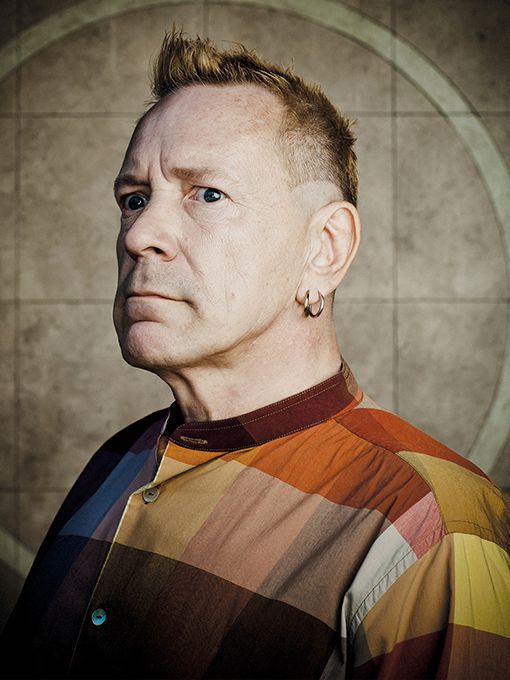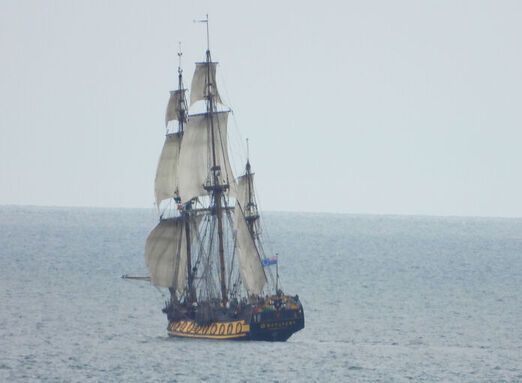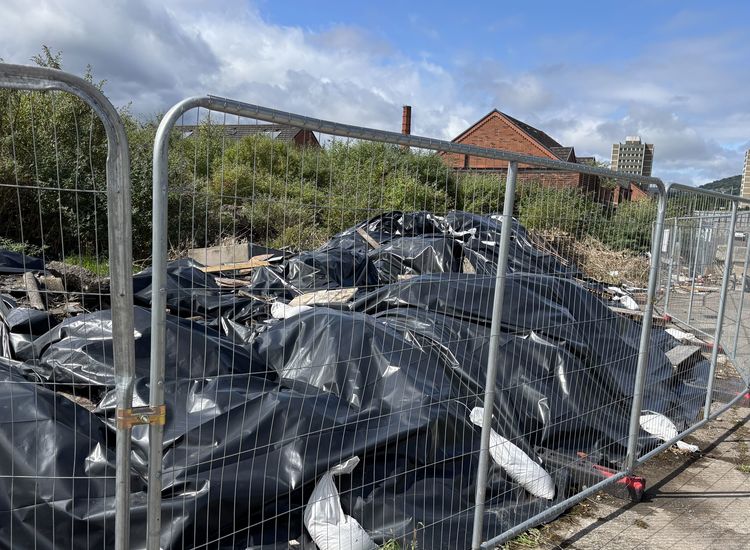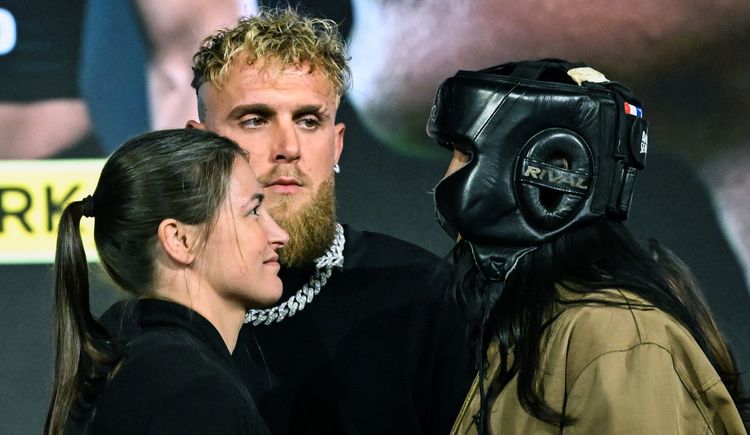John Lydon is vying with five other music acts to represent Ireland in the Eurovision Song Contest later this year.
Lydon – better known as Johnny Rotten – fronted the ground-breaking Sex Pistols in the seventies before going on to form Public Image Ltd. PiL are hoping to represent Ireland with their song Hawaii which has been described as a love letter to John’s wife Nora who is living with Alzheimer’s.
London-born Lydon – whose father is from Galway and mother from Cork– said: “It is dedicated to everyone going through tough times on the journey of life, with the person they care for the most. It is also a message of hope that ultimately love conquers all.”
In a statement the band said: Public Image Ltd (PiL) are confirmed to take part in the competition to represent Ireland at the 67th annual Eurovision Song Contest with the most personal piece of songwriting and accompanying artwork that John Lydon has ever shared called Hawaii.
“The song is a love letter to John’s wife of nearly five decades, Nora, who is living with Alzheimer’s. A pensive, personal yet universal love song that will resonate with many, the song sees John reflecting on their lifetime well spent and in particular one of their happiest moments together in Hawaii.”
The other five acts hoping to represent Ireland are: Wild Youth, ADGY, CONNOLLY, Leila Jane, and K Muni & ND.
The Sex Pistols were one of the most influential acts of the late seventies punk scene with a string of hits including "God Save The Queen," "Anarchy in the UK," "Pretty Vacant" and "Holidays in the Sun." The band's "Never Mind The Bollocks" album charted at number one in the UK.
"God Save The Queen’s" irreverent lyrics during the British monarch’s silver jubilee in 1977 saw the song banned by the BBC and independent radio stations, while several major record chains refused to stock the single.
Ireland’s Eurosong 2023 Special will be broadcast on RTÉ’s The Late Late Show on February 3. The Eurovision will be held in Liverpool in May. It was due to be held in Ukraine but was switched to the English city as a result of the Russian invasion and subsequent war.









